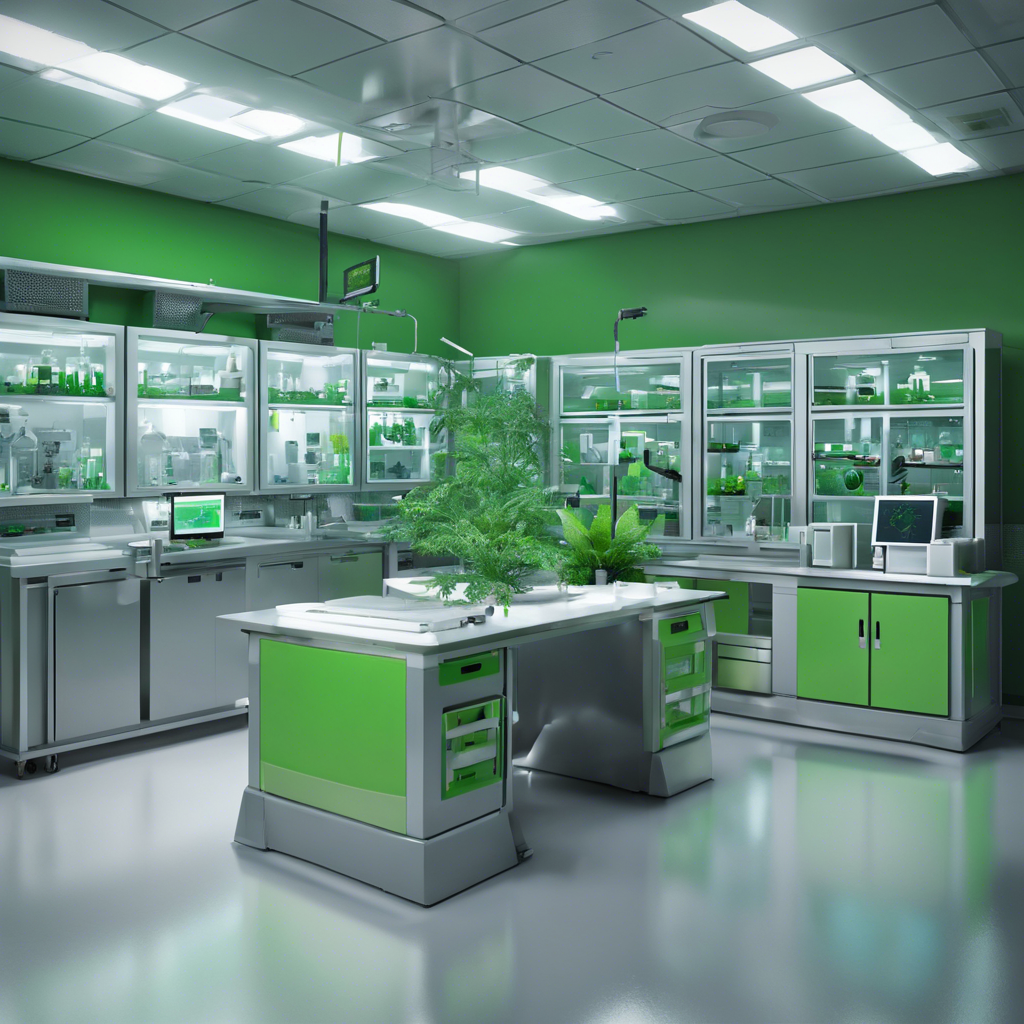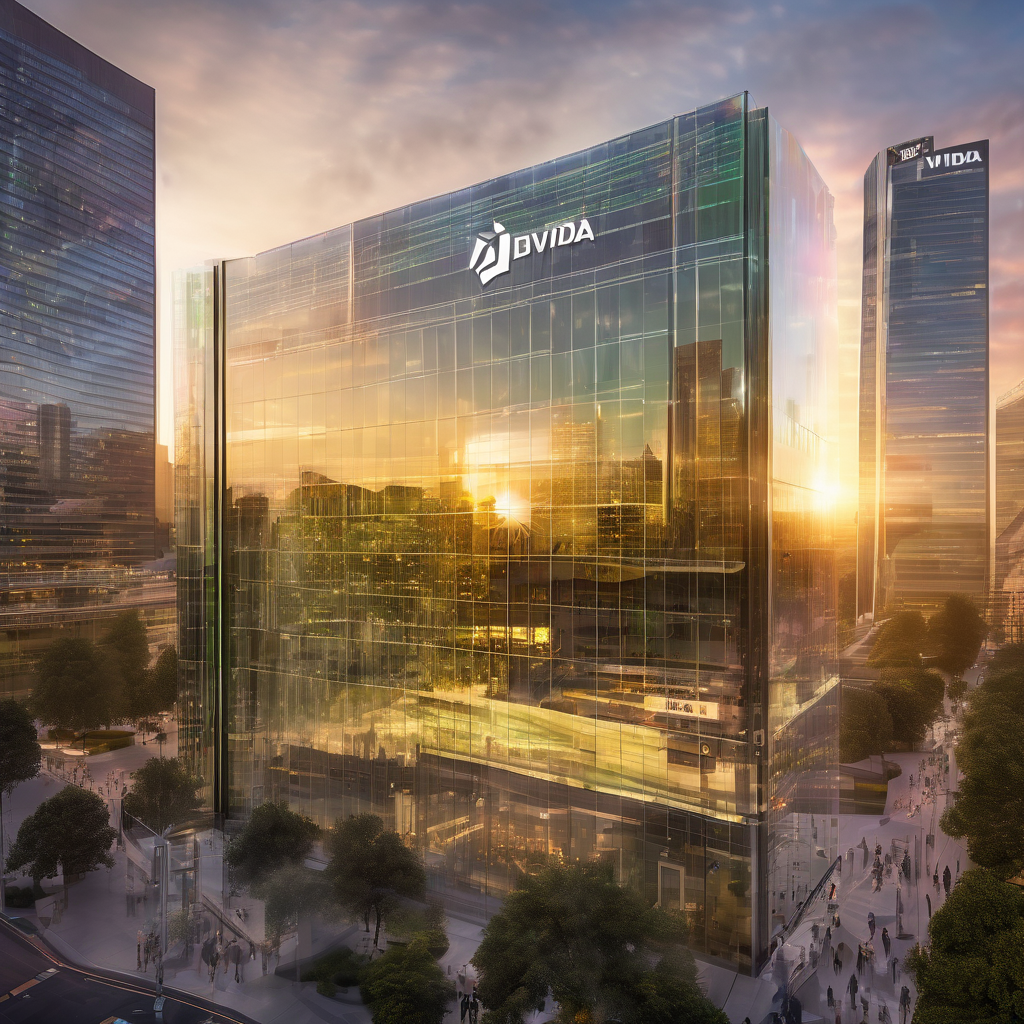
Since July, researchers at Los Alamos National Laboratory in New Mexico have been exploring how the AI model GPT-4o, developed by OpenAI, can assist in biological research tasks. These tasks include maintaining cell cultures, separating cells using a centrifuge, and introducing genetic material into organisms. The goal of these evaluations is to innovate biosciences and understand potential risks, particularly focusing on biosafety and biosecurity issues since AI models like ChatGPT became publicly available in 2022. At Johns Hopkins Center for Health Security, experts emphasize the potential of AI in improving public health but also note the technology's unpredictable risks. They urge governments to identify and mitigate the most pressing risks, leveraging past experience in managing biological research risks. GPT-4o is a multimodal large language model (LLM) capable of processing text, audio, image, and video inputs. Previously, GPT-4 demonstrated applications in life sciences, such as designing antibodies and automating biology experiments.
However, these advances could also pose significant biosafety risks, pushing governments to establish AI safety institutes and implement guidelines to manage such risks. To determine which AI capabilities might lead to large-scale harm, experts suggest focusing on those that enable pandemic-level outbreaks, such as optimizing virus designs or automating pathogen synthesis. They call for broad cooperation between AI developers and safety experts to prioritize mitigating severe risks. Safety evaluations of AI models often focus narrowly on the development of bioweapons without differentiating between smaller and larger-scale risks. Evaluations also need to account for the collaborative operation of multiple AI systems, rather than concentrating solely on individual models. A more effective approach requires an objective scientific consensus on which AI capabilities pose significant biosafety threats. Building such consensus would involve thorough safety testing, developed by independent experts, and would be supported by both government and industry stakeholders. This approach ensures a balance between harnessing AI's benefits and mitigating its risks.
Exploring GPT-4o: AI's Role and Risks in Biological Research


When Honest Businesses Meet the Dark Side of Search Sarah, an artisanal baker, launches Sarah’s Sourdough and improves her SEO by creating a quality website, sharing genuine baking content, writing blog posts, earning local backlinks, and telling her story ethically

NVIDIA's Market Value Climbs Amid AI Surge and Rising Demand for High-Speed Copper Cable Connectivity NVIDIA, a worldwide leader in graphics processing units (GPUs) and artificial intelligence (AI) technology, has seen its market value soar to unprecedented levels

The October 8, 2025 edition of the Axios AI+ newsletter presents an in-depth overview of the increasingly complex network connecting key players in the artificial intelligence industry.

Hurricane Melissa Has Meteorologists Alarmed The storm, expected to make landfall in Jamaica on Tuesday, has shocked meteorologists with both its strength and the rapidity of its development

In the fast-changing landscape of digital marketing, advertisers are increasingly leveraging artificial intelligence (AI) to boost campaign effectiveness, with AI-powered video personalization emerging as one of the most promising innovations.

Cigna anticipates that its pharmacy benefit manager, Express Scripts, will generate lower profit margins for the next two years as it moves away from relying on drug rebates.

A video is circulating on social media that appears to show European Commission President Ursula von der Leyen, France's former President Nicolas Sarkozy, and other Western leaders admitting to damaging accusations linked to their periods in power.
Launch your AI-powered team to automate Marketing, Sales & Growth

and get clients on autopilot — from social media and search engines. No ads needed
Begin getting your first leads today